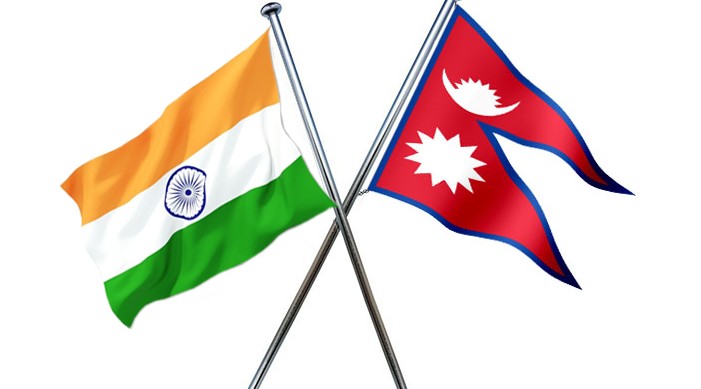Free Courses Sale ends Soon, Get It Now


Free Courses Sale ends Soon, Get It Now



Disclaimer: Copyright infringement not intended.
Context
India-Nepal Relation
https://epaper.thehindu.com/Home/ShareArticle?OrgId=GE29Q7MRI.1&imageview=0
© 2024 iasgyan. All right reserved